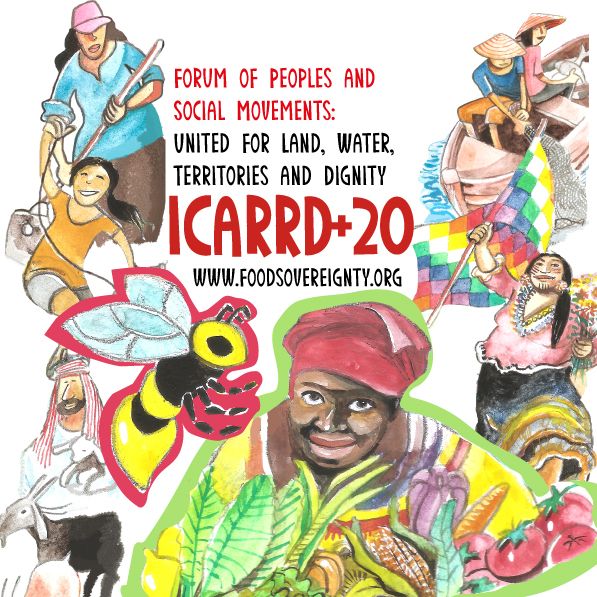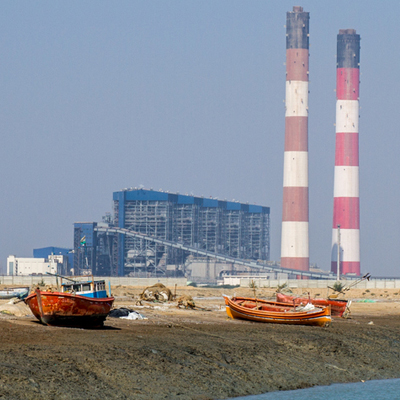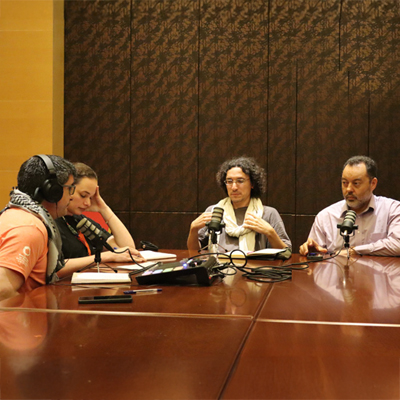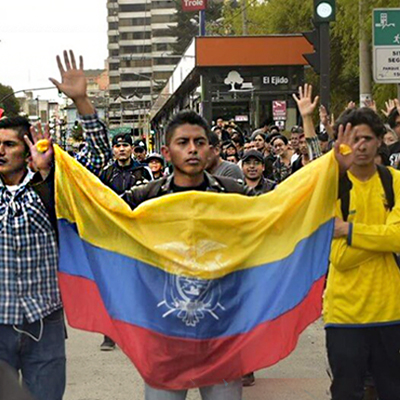Avoiding liability
Update on negotiations towards binding treaty on transnational corporations and human rights
 Víctor Barro, Friends of the Earth International
Víctor Barro, Friends of the Earth International
“We have seen how transnational corporations use transnational structures and complex schemes to avoid liability and national jurisdictions and evade their legal responsibilities” in terms of human rights violations, said activist Anne van Schaik, of Friends of the Earth International (FoEI) in Geneva, Switzerland.
This was during the third round of consultations held this year by the Ecuadorian Chair of the Intergovernmental Working Group that is negotiating a Binding Treaty on transnational corporations and human rights in the framework of the United Nations Human Rights Council
Van Schaik, member of Friends of the Earth Europe, participated on behalf of FoEI at the third round held on June 14 at the Palais des Nations in Geneva, headquarters of the UN Human Rights Council. She submitted the position of the environmental federation, in line with several other social movements and organizations that support the process of said binding treaty, about the topics of the consultation. She was interviewed by Real World Radio shortly after.
The goal of Ecuador is to release a “zero draft” of the Treaty, to start negotiating it in October. Before that there will be another round of consultations, on July 11th, and it is possible that a fifth round will be added.
FoEI, which is part of the Global Campaign to Dismantle Corporate Power and also of the Treaty Alliance considers that “all states have duties abroad in relation to companies under their jurisdiction regardless of where the human rights violations and environmental crimes are committed”, according to their Twitter account.
Also, in the interview with Real World Radio, van Schaik considered it fundamental for Friends of the Earth groups and allies in different parts of the world to demand their national governments to be constructively involved in the consultation process and the formal negotiations in the framework of the UN, in order to respond to Ecuador´s questions and decide on the future of the work process towards the Binding Treaty.






